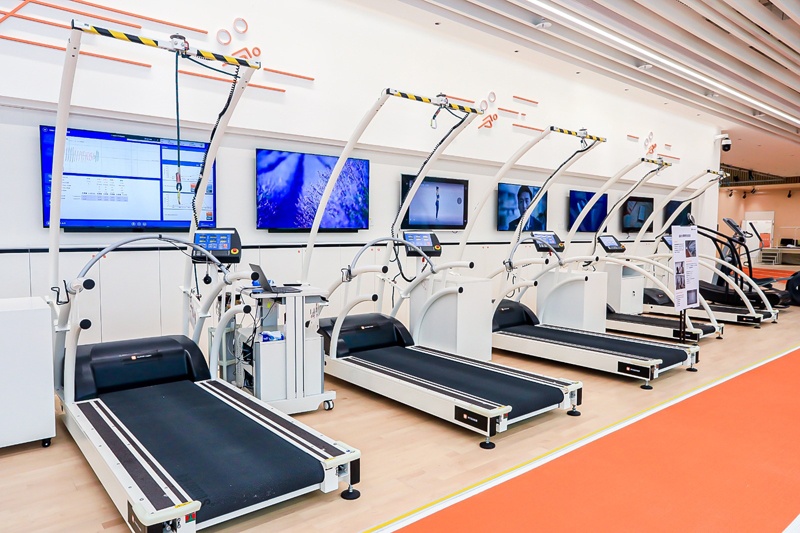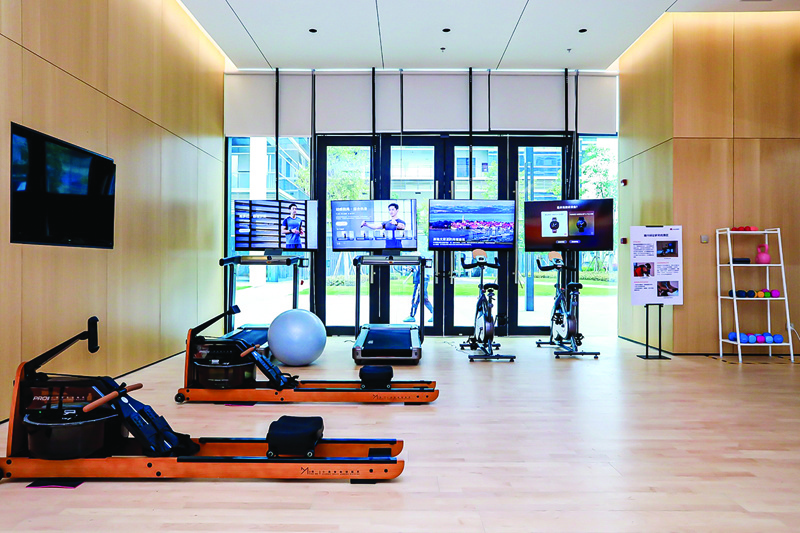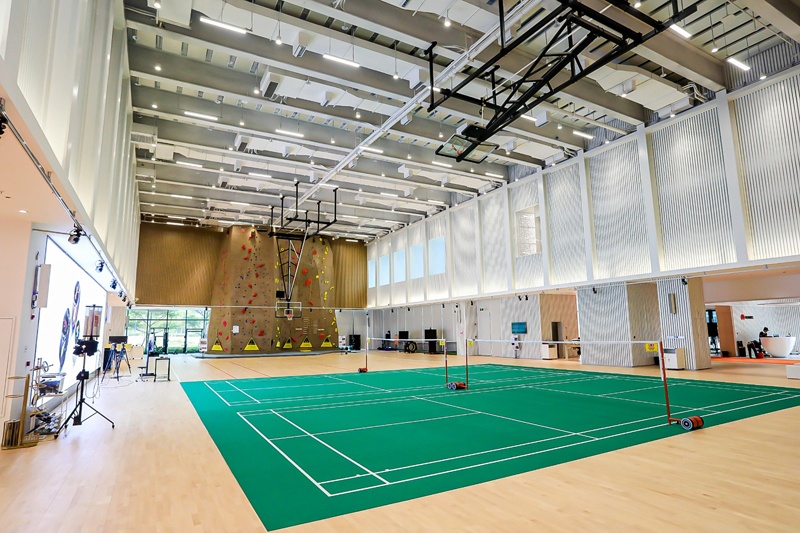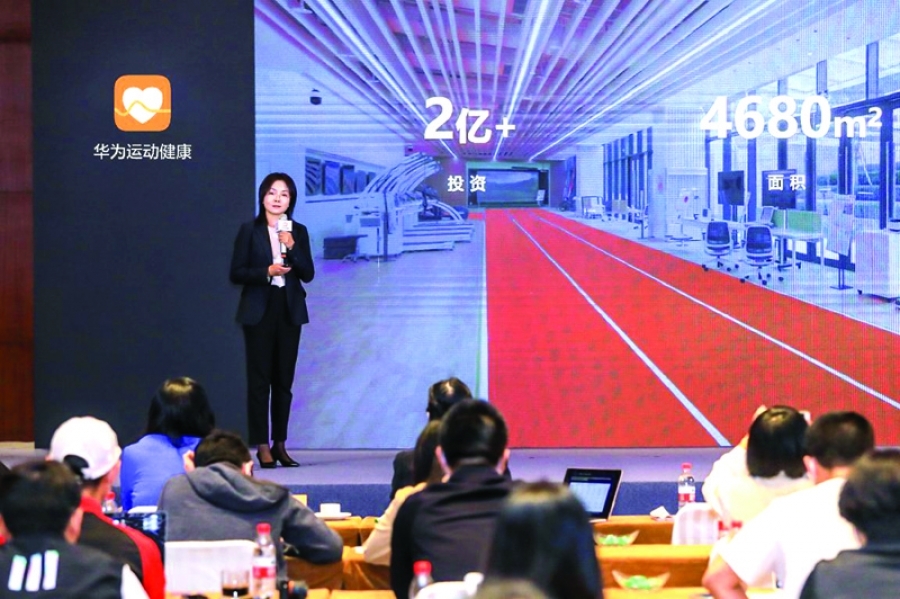Huawei, currently operates multiple health labs to study health-related technology, including the Xi" lab that focuses on innovative use cases for health and fitness technologies. Songshan Lake Health Lab becomes a world-class health and fitness technology I+D institute dedicated to product I+D, standard I+D, certification, exhibitions and industry incubation activities.

Huawei's smart wearable and health business has brought many innovative science-based health and fitness products and services to consumers in recent years.
Media open day organized by HUAWEI Health Lab Huawei showcased its past research results in the health and fitness field at a media open day to provide a more detailed explanation of how the lab will fulfill its functional and research responsibilities.
One of the displays included the 3 million yuan plateau simulation lab that replicates high-altitude environments up to 6,000 meters above sea level to test how oxygen saturation affects the human body.

The laboratory contains the necessary facilities for researchers to measure changes in the human body at different altitudes and weather conditions and obtain accurate high-altitude data for analysis.
The lab also has a professional optical motion capture system, which includes 28 high-speed infrared cameras supporting a maximum sampling rate of 10,000 Hz, enabling it to record a wide range of subjects, including moving bullets, with millimeter-level accuracy. By studying human body motion along with attitude data, Huawei hopes to develop new and innovative functions for its smart wearable products.
The lab's exercise physiology research area also comes equipped with cardiopulmonary function and metabolism meters, heart rate belts, and high-performance runners that researchers can use to monitor VO2 max, calorie consumption, and training heart rate.
To date, the lab has already captured about 192,500 kilometers of running data this year, equivalent to four and a half laps around the Earth's equator. Huawei's smart wearable products support more than 100 training modes thanks to these labs, including rock climbing, swimming, table tennis, golf, and multifunctional sports.

Health and fitness incubation area
HUAWEI's new Health Lab will also serve as an incubator for scenario-oriented experiences and service packages that consumers can enjoy directly, including micro-physical examination, home gym and digital sports.
In the area of laboratory micro-physical examination, users can use Huawei's wearable products to measure physical indicators such as blood pressure and SpO2 monitoring.
In the indoor fitness area, users can start tracking their exercise by connecting Huawei's smartwatch, a HUAWEI Vision TV and other third-party equipment. In the digital sports area, users can compete with friends while using rowing machines and spinning bikes. HUAWEI's health app also now offers 11 types of training courses including running, cycling, yoga, fitness, skipping and more.
Huawei has invested heavily in research in digital health and fitness technologies and active partnerships with industry authorities and related ecosystem partners. Currently, more than 5 million users have joined the HUAWEI Research Program and more than 320 million users have benefited from Huawei's health and fitness services. There are currently more than 83 million global average monthly active users of HUAWEI's health app.
Huawei's privacy protection policies have stated that privacy is a basic consumer right. As such, the company prevents third parties from accessing user data without the user's explicit consent and requires all of its ecosystem partners to adhere to a strict privacy and security regime.
